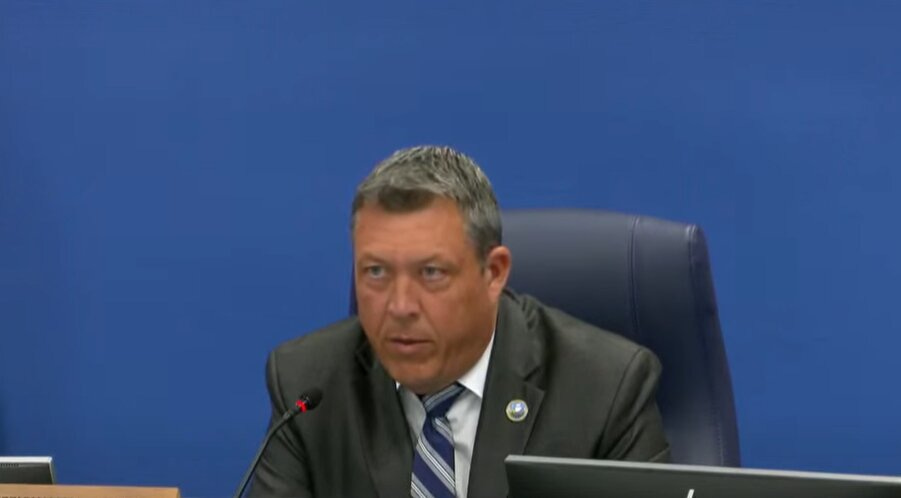Manatee Commission Chair Analyzes Impacts of Proposed Florida Property Tax Elimination
As Florida lawmakers begin the first week of committee meetings for the 2026 legislative session, Manatee County Commission Chair George Kruse is urging residents to take a deeper look at the proposal to eliminate property taxes across the state. He cautions that while the concept may sound attractive, it could have serious long-term effects on local government funding, essential services, and housing affordability.
Kruse described property taxes as an imperfect but necessary mechanism that supports critical community functions such as roads, streetlights, emergency response, public safety, and parks—services that cannot operate on a pay-per-use basis. He emphasized that property taxes remain one of the most stable and locally controlled revenue sources available to county governments.
Using his own household as an example, Kruse detailed how Florida’s “Save Our Homes” amendment protects homesteaded property owners from large tax spikes. Between 2020 and 2024, the market value of his home increased by more than 80 percent, yet the taxable assessed value rose only about 10 percent, well below the cap set by law. As a result, his property tax bill increased by just over four percent during a period of significant inflation.
In contrast, he said, his homeowner’s insurance climbed from $1,760 to $5,804 during the same four-year span—an increase of more than 230 percent. This, he noted, shows that rising insurance and housing costs are having a far greater impact on affordability than local property taxes.
Kruse also analyzed the distribution of a typical Manatee County tax bill, noting that only about 17 percent of the total goes toward county operations. In comparison, more than 80 percent support independent agencies such as the sheriff’s office, fire districts, schools, and other taxing entities. He said the state’s proposals to reduce or eliminate property taxes would likely affect only this small share of the total, leaving most obligations intact.
According to Kruse, eliminating property taxes would not remove costs for residents but would instead shift them elsewhere—likely to higher sales taxes, consumption-based fees, or reduced public services. He warned that such a move would also raise home prices, as buyers would apply their tax savings toward larger mortgages, benefiting developers and sellers rather than the public.
Kruse said that this shift would divert money currently allocated to fund libraries, parks, and emergency services into private profits. In the long term, the result could be higher home prices, larger down payments, and increased interest costs for buyers, particularly first-time homeowners.
He also expressed concern that transferring revenue collection to the state level would erode local control, requiring counties, school boards, and law enforcement agencies to rely on Tallahassee for funding approvals. This centralization, he said, could reduce flexibility and responsiveness to community needs.
To illustrate how voters value public investment, Kruse pointed to nine Manatee County ballot measures since 2020 in which residents chose to raise their own taxes for causes such as fire protection, school funding, and land conservation. Each measure passed, suggesting that local voters are willing to pay more when they see clear benefits to the quality of life.
Rather than abolishing property taxes, Kruse argued for broader reform of Florida’s revenue system. He proposed indexing gas taxes to inflation to keep pace with maintenance costs, allowing counties to retain a greater share of sales tax revenue; easing restrictions on impact fees so that growth helps pay for itself; and addressing loopholes, such as the misuse of agricultural exemptions on rezoned property.
He concluded that property taxes, though often unpopular, remain an essential part of maintaining local quality of life and ensuring that growth is supported by reliable infrastructure and services. Eliminating them, he said, would destabilize local governments, drive up housing costs, and divert community resources to private gain.
Kruse emphasized that as the legislative session progresses, the debate should focus not on eliminating taxes, but on creating a balanced and sustainable system that protects taxpayers while preserving the services that make Florida’s communities livable.


To anyone with a strong opinion about that subject go watch "Real Estate Mindset" on YouTube, Travis and Mitch are explaining it in detail in almost every episode.